The “silent” majority needs to speak up about Narail
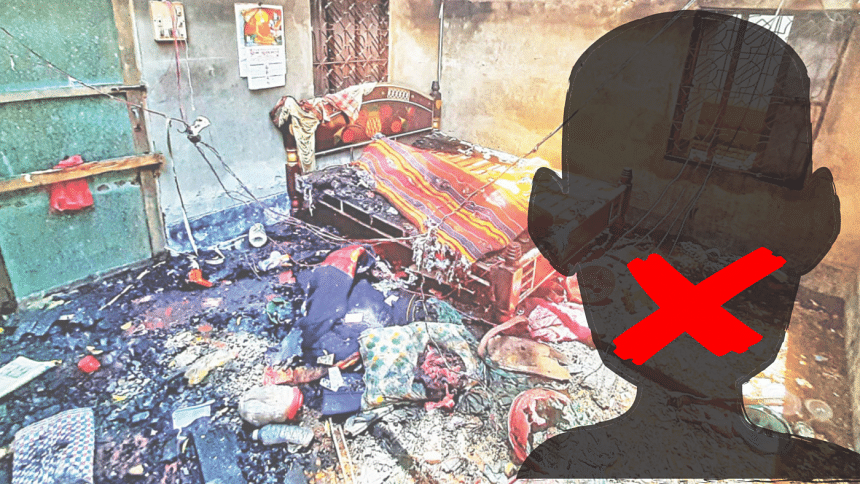
On July 15, a mob vandalised a temple, several shops, and houses belonging to the Hindu community of Lohagara, Narail.
While such heinous acts deserve our utmost and collective condemnation, I have noticed that the incident did not draw much criticism from the country's majoritarian religious group. In fact, this is a trend noticed every time the country's religious minorities are attacked.
Initially, I had thought of this being a result of a lack of awareness about issues like communal harmony.
However, upon seeing that the country's urban educated and upper-middle class people, including most of my own friends, remain silent about such issues, I understood that this was not the result of a lack of awareness, because these very people understood the importance of communal harmony when it came to places such as India, China, the West, or the Middle East.
What I realised is that this silence is a result of tribalism – the behaviour and attitudes that stem from strong loyalty to one's own tribe or social group. This essentially means that people often remain silent in the face of oppression of minorities caused by members of their own majoritarian group.
In the best case, what we really receive is evasive and euphemistic rhetoric such as, "These people do not represent the true face of our community."
However, this is largely problematic because it is a very easy way to absolve oneself of the moral responsibility one bears as a member of the country's majoritarian group.
If someone actively harming the country's religious minorities is not a part of your "religious group", it is easy for you to claim that you do not owe any moral responsibility to the minorities. Therefore, such rhetoric contributes nothing to serving actual justice to the members of the minority community who have been harmed.
Another reason why people belonging to majoritarian communities often do not retaliate or actively condemn such actions is that they do not want to alienate themselves from their own community and face backlash through institutional measures, such as law enforcement.
One of the reasons why people are often so scared of criticising such malicious actors is simply because laws such as the Digital Security Act (DSA) exist. To take the DSA as an example, the use of extremely vague and ambiguous terms such as "information in websites or in any electronic format that hurts the religious values or sentiment" is something which can often be exploited by members of the majoritarian religious group for silencing down anyone who may call out on violations against minorities.
So, even if someone from the majoritarian religious group wants to speak out against the oppression of minorities, they are unable to do so because of the fear of being treated as an outcast by their community, as well as the very stringent laws limiting freedom of expression.
The primary impact of most members of the majoritarian group remaining silent is that it normalises sectarian violence in society. This means that hostility to minority communities is not just limited to micro-aggressions, but also expands on to things such as frequent vandalism and arson attacks. This is the key reason why members of majoritarian groups have an active responsibility to speak out against the oppression of minority communities.
As the thirteenth-century Italian poet Dante Alighieri wrote in the Divine Comedy, "The hottest places in hell are reserved for those who, in times of great moral crisis, choose to maintain their neutrality."
The author can be reached at [email protected]

 For all latest news, follow The Daily Star's Google News channel.
For all latest news, follow The Daily Star's Google News channel. 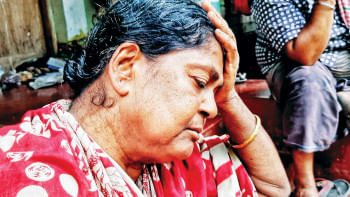


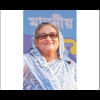
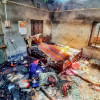

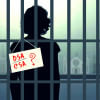



Comments